RBS smashes expectations with £940m profit
State-backed bank celebrates half-year success, but shadow hangs over rest of year
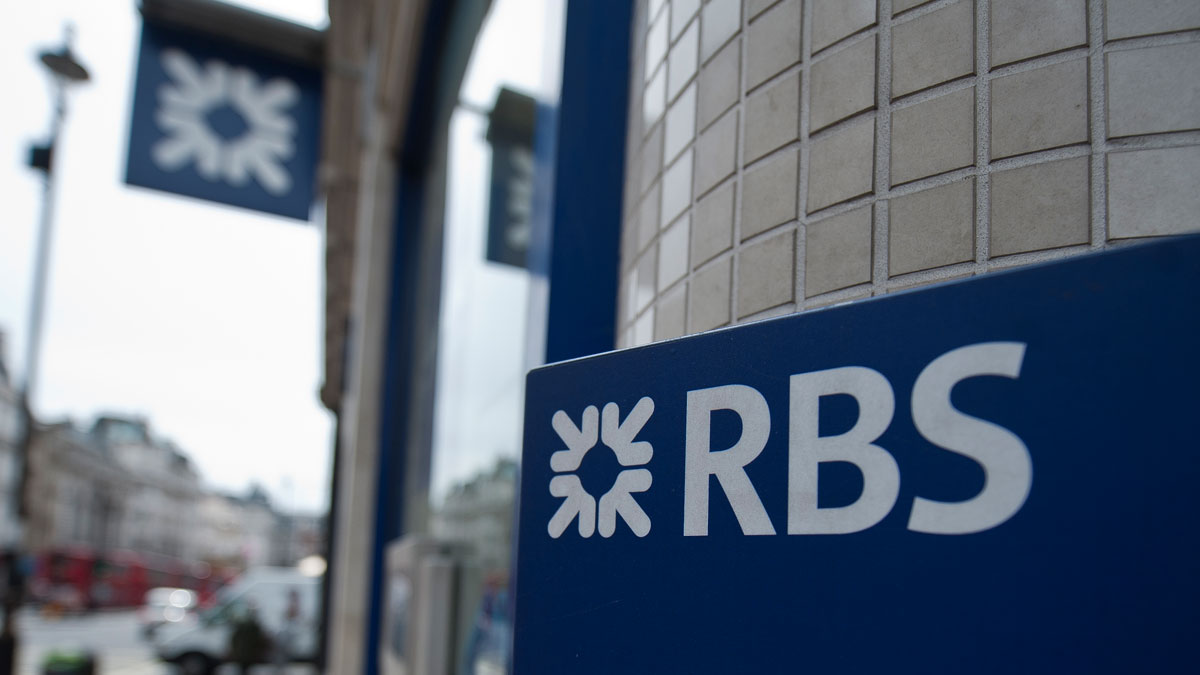
A free daily email with the biggest news stories of the day – and the best features from TheWeek.com
You are now subscribed
Your newsletter sign-up was successful
RBS forced to raise £2bn after failing bank 'stress test'
30 November
Royal Bank of Scotland was judged to be an "outright failure" in the Bank of England's "stress test" for 2016, forcing it to raise an additional £2bn from investors, says the Financial Times.
Under the toughest set of tests yet devised, RBS missed a minimum "hurdle rate" for cash left in reserve even after a range of "assumed management actions".
The Week
Escape your echo chamber. Get the facts behind the news, plus analysis from multiple perspectives.

Sign up for The Week's Free Newsletters
From our morning news briefing to a weekly Good News Newsletter, get the best of The Week delivered directly to your inbox.
From our morning news briefing to a weekly Good News Newsletter, get the best of The Week delivered directly to your inbox.
Broadly, that means the hit to the bank's assets from loans going bad and being written down would leave it dangerously exposed and could possibly constrain its ability to keep lending.
RBS had discovered the shortfall in its own internal tests and overnight submitted new plans to the Bank of England, including raising £2bn of new capital, which would resolve the shortfall.
Barclays and Standard Chartered also fell short of one minimum measure, but only before "management actions" that would include cost cutting and asset sales. All three banks would hit the minimum if some loan notes were converted to equity.
The Bank of England said existing plans for Barclays to raise money from asset sales, including its African operations, and for Standard Chartered to issue new loan notes would be sufficient to pass the terms of the test.
A free daily email with the biggest news stories of the day – and the best features from TheWeek.com
The three banks "could see the direction of travel and took actions of their own accord", bank governor Mark Carney said.
"In our opinion, they'd still be in a position to lend to the economy even after this shock."
The latest stress test, which is performed annually, assumed a financial crash worse than that of 2008 to test the banks, imagining house prices slumping more than 30 per cent, the UK economy shrinking more than four per cent and even China entering recession.
RBS also has to content with its own ongoing litigation costs, including a fine in the US relating to its lending activities pre-2008 that could cost it upwards of £10bn.
The bank, which is still partially state-owned, saw its share price drop 4.7 per cent this morning to 187.7p, while Barclays' shares fell 0.9 per cent and Standard Chartered's 1.3 per cent.
RBS 'ignored warnings' over 'misleading' £12bn rights issue
18 November
Royal Bank of Scotland "ignored warnings" that estimated losses were presented in a "misleading" way in a prospectus used to raise £12bn from private investors, it has been alleged.
Court documents filed at the High Court, as part of an action on behalf of investors seeking £4bn in damages from the state-backed bank, cite emails from senior advisers that raise objections to the way writedowns on loans were described, says The Times.
On the eve of the prospectus being issued in April 2008, Deloitte partner Steve Almond reiterated concerns that a statement pointing to writedowns of £5.9bn "in 2008" would be misinterpreted.
In fact the statement referred to provisions that had been made only up to the date of the fundraising and only related to the first four months of the year, he said. Estimating provisions for the remainder of the year would have breached accounting rules.
He wrote: "I assume [RBS] is happy to run the risk that the writedowns are interpreted by readers as including provisions for what may happen through to the end of 2008, notwithstanding this is not what has been done and, of course, is not allowed under the accounting rules."
Bankers at Goldman Sachs agreed that the bank's description of losses was "misleading".
Investors who backed the rights issue lost out when the bank's shares tanked later in the year, after the government was forced to step in and bail RBS out to the tune of £45bn due to spiralling losses in its loan portfolio.
RBS's defence document, which has also been filed at the court, points out that both Deloitte and Goldman Sachs ultimately signed off on the prospectus. It also claims that Deloitte said the concerns on writedowns were not "of a fundamental nature".
Earlier this year it was reported that RBS was likely to settle with investors, not least to avoid its executives having to face an embarrassing day in court.
Agreeing a suitable settlement sum will prove difficult, though. Smaller investors are said to want their full investment back plus damages, while larger institutional investors, who some suspect were more aware of the bank's true financial position, would settle for much less.
This is not the only major lawsuit relating to past activities still facing RBS. Among a range of others is a pending fine from the US Department of Justice that could be $12bn (£9.6bn) or more, the government has said.
RBS fine 'could be £4bn, £10bn, or more'
17 November
Royal Bank of Scotland shares are being held back by misgivings concerning a fine in the US that could amount to more than £10bn and won't be finalised before next year.
That's according to James Leigh-Pemberton, chairman of UK Financial Investments, the body that control's the government's majority interest in the bank. Leigh-Pemberton told MPs yesterday that the unresolved issue was weighing on RBS's share price.
Like the German Bank group Deutsche Bank, which is locked in negotiations with the US Department of Justice after being hit by a demand for $14bn (£11bn), RBS is facing a hefty penalty relating to the sale of mortgage-backed securities in the run-up to the financial crisis.
"The fine might be $5bn [£4bn], it might be $12bn [£9.6bn]. Based on what was said to Deutsche Bank it could be more," said Leigh-Pemberton, according to the BBC.
RBS has made no provision for the fine, which it hoped to have settled this year, says The Guardian. Negotiations over the penalty are now likely to drag on into next year.
This means that RBS will need to set aside a substantial sum, which will dig a hole in the bank's capital reserves and could even force it to raise additional funds. For investors, the looming US fine undermines the value it can attribute to the bank.
RBS shares fell more than one per cent today to 206p and are around 38 per cent below the 330p at which George Osborne sold off a first tranche of shares last year. That sale crystallised a loss of £1bn for the taxpayer and reduced the public stake to 73 per cent.
The bank's share price is also considerably less than half the 503p price it was when the Labour government bought into the bank at the height of the 2008 financial crisis.
RBS 'misled' judge overseeing £400m compensation scheme
14 November
Royal Bank of Scotland (RBS) and the City regulator are facing fresh criticism over a £400m compensation scheme for small business customers mistreated by its restructuring division.
According to a report in The Times today, the High Court judge appointed to oversee the fund has a prior history with the bank, having been "misled" during a case it was defending against a business customer 16 years ago.
The case centred on a challenge by Mohammed Sarwar against debts claimed by RBS, including default interest charged at 25 per cent.
"RBS claimed it had never charged this and Sir William [Blackburne] found in the bank's favour in July 2000."
But following a separate litigation heard by the Court of Appeal in 2011, judge Sir Robin Knowles ruled the bank had supplied "information that was wrong that misled Blackburne and the customer".
The corrected information proved the bank had charged the disputed interest rate.
Knowles said there was “no basis for any conclusion that [RBS] intended to provide incorrect information", but that it had failed to correct its submission after several years and sought "to take advantage of its own error".
A spokesman for RBS/GRG Business Action Group hinted at a potential conflict, saying: "Sir William may well be the right man for the job, but this issue should have been disclosed when the redress scheme was announced".
Under the scheme, which was agreed with the Financial Conduct Authority (FCA), RBS will automatically repay some of the hefty restructuring fees charged to small firms during the financial crisis.
Other complaints will be considered by the bank – and Blackbourne will step in where a customer is dissatisfied with the response they receive.
But the litigation with Sir Robin Knowles is not the only issue campaigners have with the scheme.
Several told the Evening Standard that the regulator's dismissal of the most serious allegations – that RBS intentionally distressed some businesses – represented a "white wash".
Bully-Banks's chairman Jeremy Roe, who represents small and medium-sized enterprises taking action against RBS, branded the scheme a "joke". He said that £400m was a fraction of the amount made by the division, which generated profits of £1.2bn in 2011.
RBS is facing a number of legal actions over the activities of the restructuring group and could yet face a fine from the FCA over "inappropriate action" faced by many customers.
RBS sets up £400m fund to compensate Project Dash for Cash firms
08 November
Royal Bank of Scotland (RBS) has been exonerated over claims it set out to defraud small businesses during the financial crisis, but still faces a hefty compensation bill.
A report from the Financial Conduct Authority (FCA) says the majority of firms suffered some "inappropriate action" from the bank. The FCA has worked with RBS on the terms
RBS has worked with the FCA on the terms of a compensation fund, says The Guardian, and will set aside £400m from which it will "automatically refund complex fees paid by about 4,000 small business… customers between 2008 and 2013", the BBC reports.
The bank will set up a "new complaint process" to be overseen by High Court judge Sir William Blackburne. Where affected businesses have gone bust, claims could be paid out to creditors, RBS regulatory affairs officer Jon Pain said.
In addition, while the FCA says it found there was "no widespread practice" of transferring customers into the restructuring group to wind them down and extract value, it did find evidence of wrongdoing and may yet take further action.
Warning that its powers are limited as much of the activity of RBS's restructuring arm was unregulated, the FCA says it will continue to examine the case and could yet impose a financial penalty, according to the Guardian.
Despite this, Gary Greenwood, an analyst at Shore Capital, says the compensation bill is "not as big as feared and may also take some heat out of the situation".
Allegations first surfaced from a government adviser in 2013 that in the wake of the financial crisis, RBS artificially put small firms in its restructuring unit in order to boost its own revenues.
According to a cache of internal documents released to the BBC and Buzzfeed News last month, RBS staff, under a secret initiative dubbed Project Dash for Cash, were ordered to find ways of charging restructuring fees and converting loans to equity.
The bank admitted to breaches of its "standards" but insisted it did not intentionally cause firms distress.
In a statement today, RBS boss Ross McEwan said: "Some of our customers went through what was a traumatic and painful experience as a result of the crisis. I am very sorry that we did not provide the level of service and understanding we should have done."
-
 How to Get to Heaven from Belfast: a ‘highly entertaining ride’
How to Get to Heaven from Belfast: a ‘highly entertaining ride’The Week Recommends Mystery-comedy from the creator of Derry Girls should be ‘your new binge-watch’
-
 The 8 best TV shows of the 1960s
The 8 best TV shows of the 1960sThe standout shows of this decade take viewers from outer space to the Wild West
-
 Microdramas are booming
Microdramas are boomingUnder the radar Scroll to watch a whole movie
-
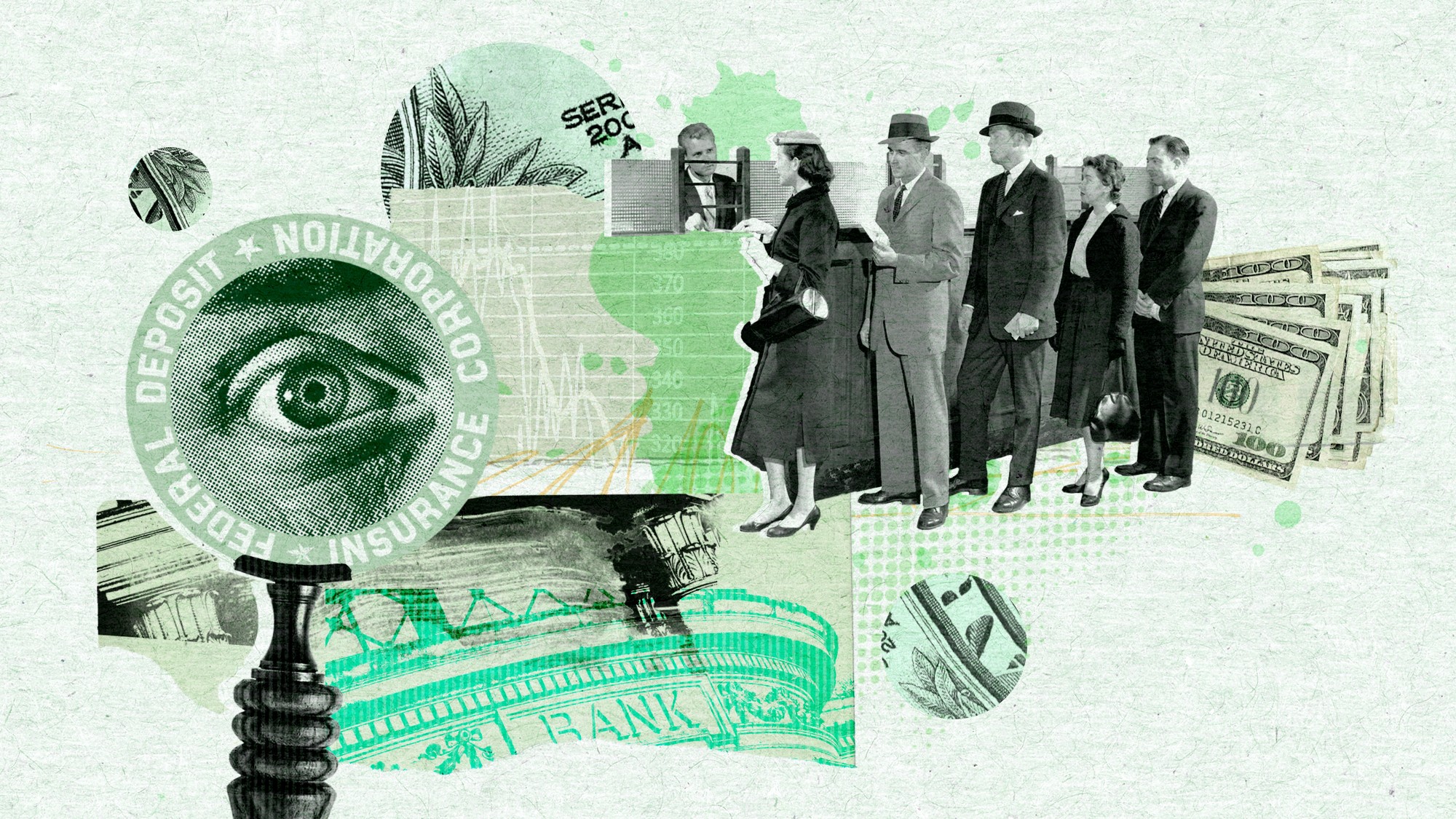 What does the FDIC do?
What does the FDIC do?In the Spotlight The Federal Deposit Insurance Corporation is now a 'Trump target'
-
 TD Bank accepts $3B fine over money laundering
TD Bank accepts $3B fine over money launderingSpeed Read The US retail bank pleaded guilty to multiple criminal charges
-
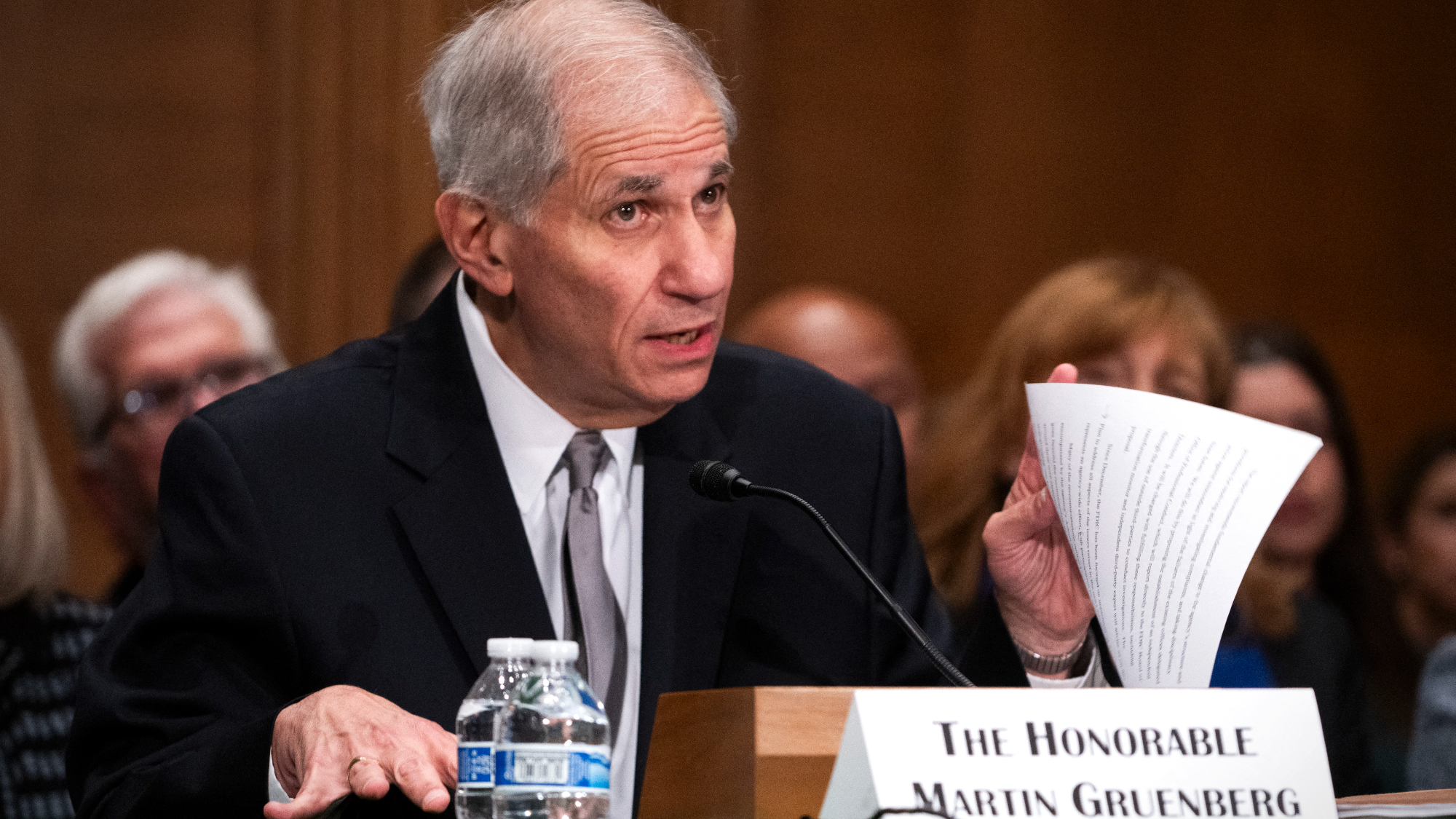 FDIC chair out after toxic work culture report
FDIC chair out after toxic work culture reportSpeed Read The report revealed a trend of sexual harassment and discrimination at the Federal Deposit Insurance Corporation
-
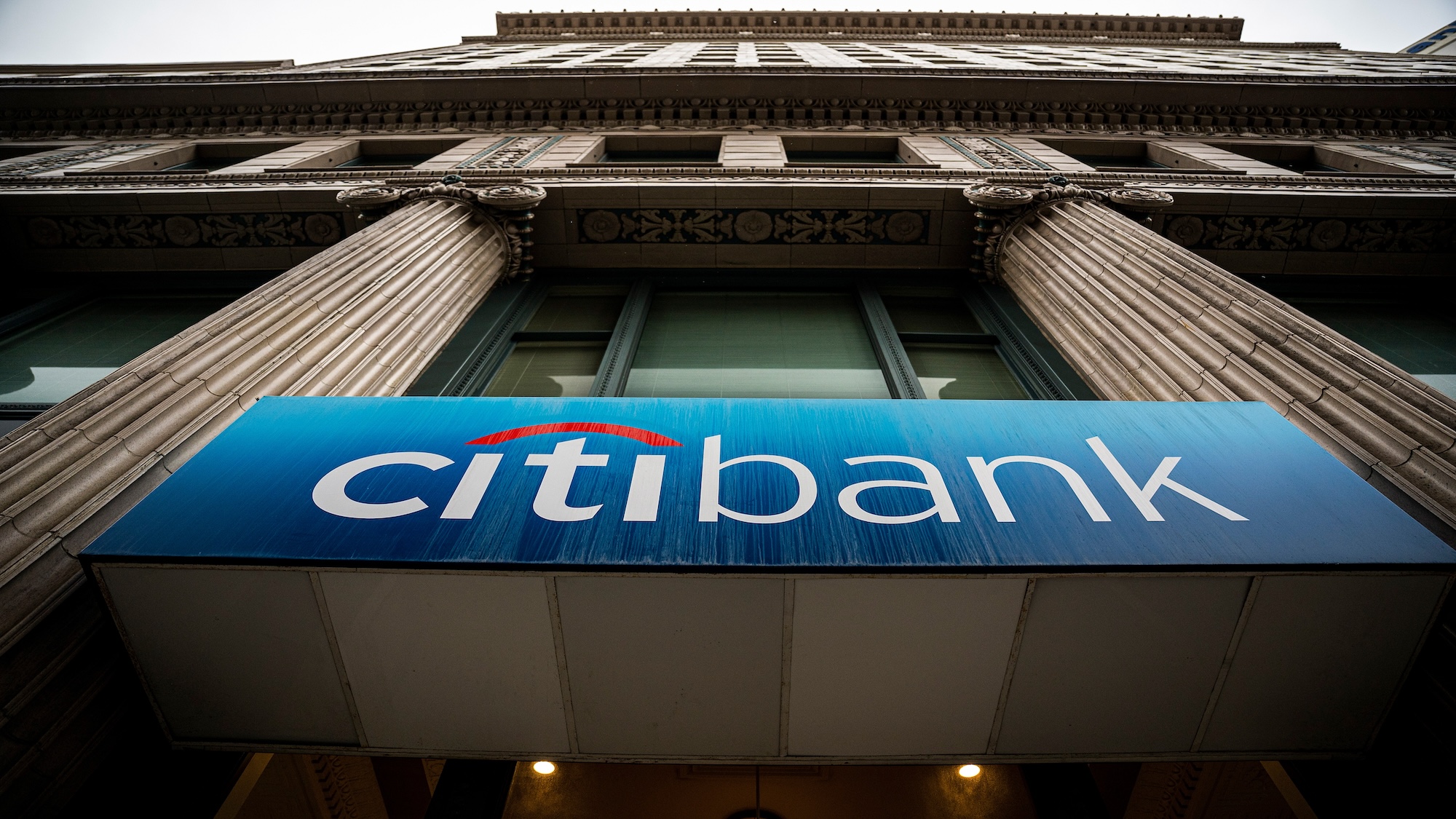 Citibank to cut off online access for customers who don't go paperless
Citibank to cut off online access for customers who don't go paperlessSpeed Read The bank will shut off the customer's access to both their online website and mobile app
-
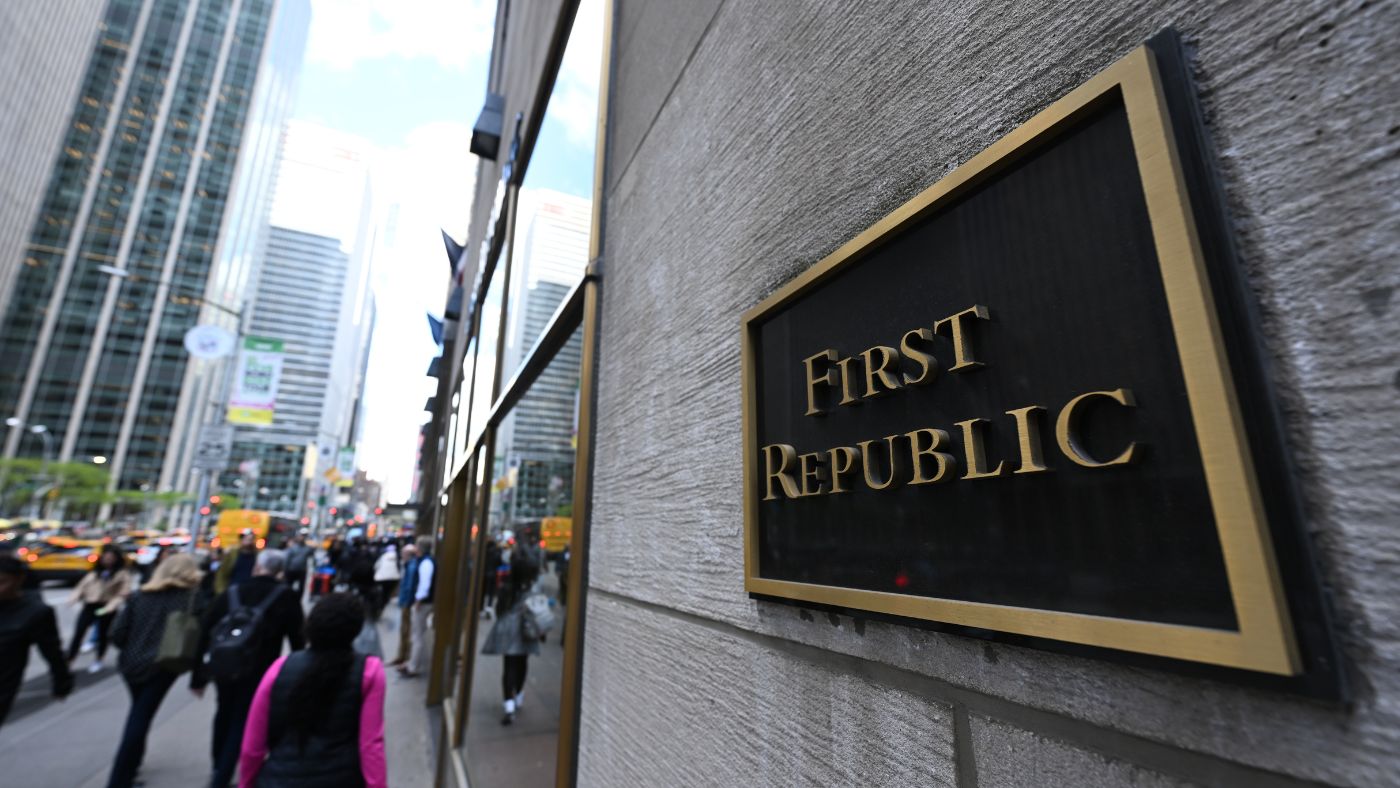 First Republic: will UK banks survive unscathed?
First Republic: will UK banks survive unscathed?Under the Radar US shares dip after collapse of third regional bank, but experts say contagion to the UK is unlikely
-
 Banking crisis: has the city weathered the financial storm?
Banking crisis: has the city weathered the financial storm?Talking Point The financial storm appears to have abated, but no one’s ruling out more squalls along the way
-
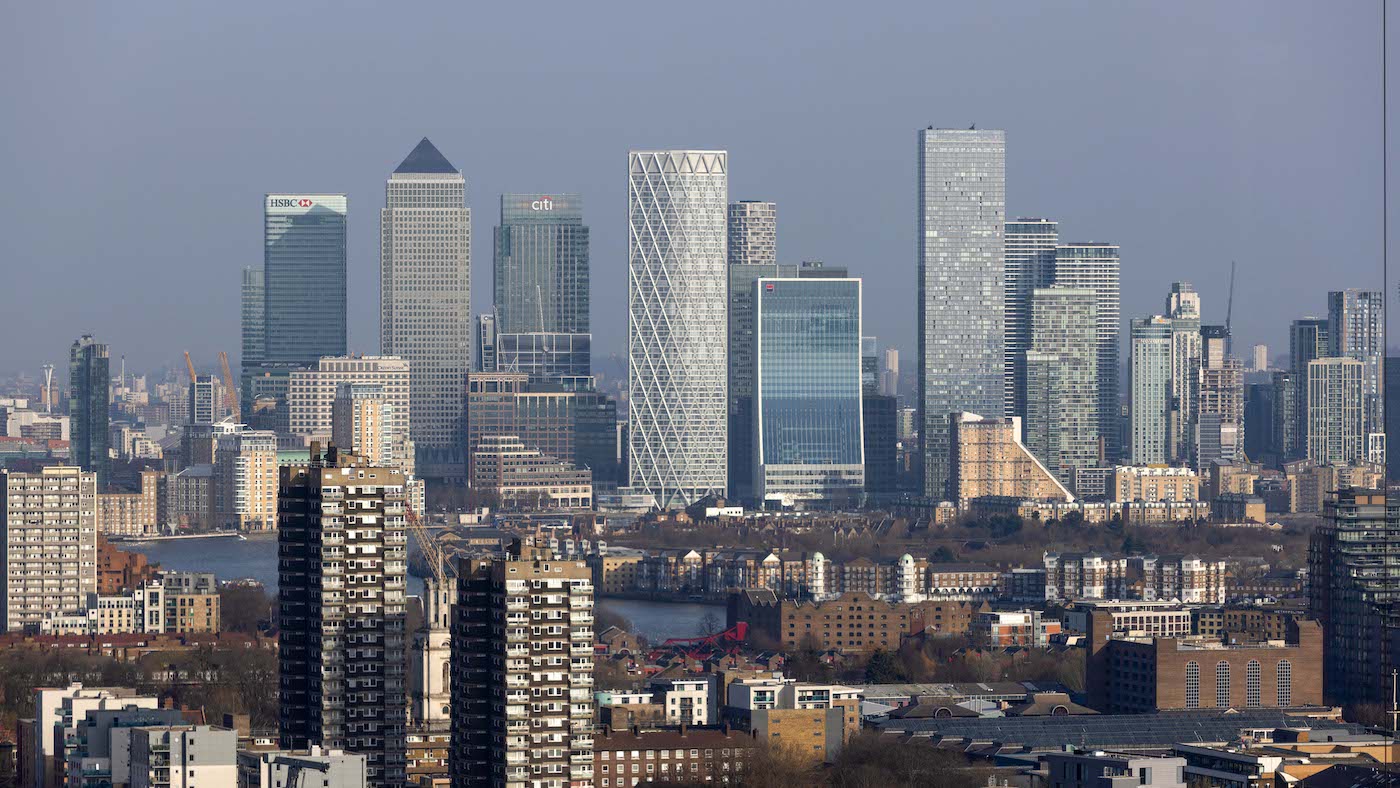 Should the UK relax bank ring-fencing rules?
Should the UK relax bank ring-fencing rules?Talking Point Treasury minister said he hopes to ‘boost competitiveness’ in the City with easing of regulations
-
 Should caps on bankers’ bonuses be scrapped?
Should caps on bankers’ bonuses be scrapped?Talking Point New chancellor Kwasi Kwarteng believed to be planning contentious move to ‘boost the City’